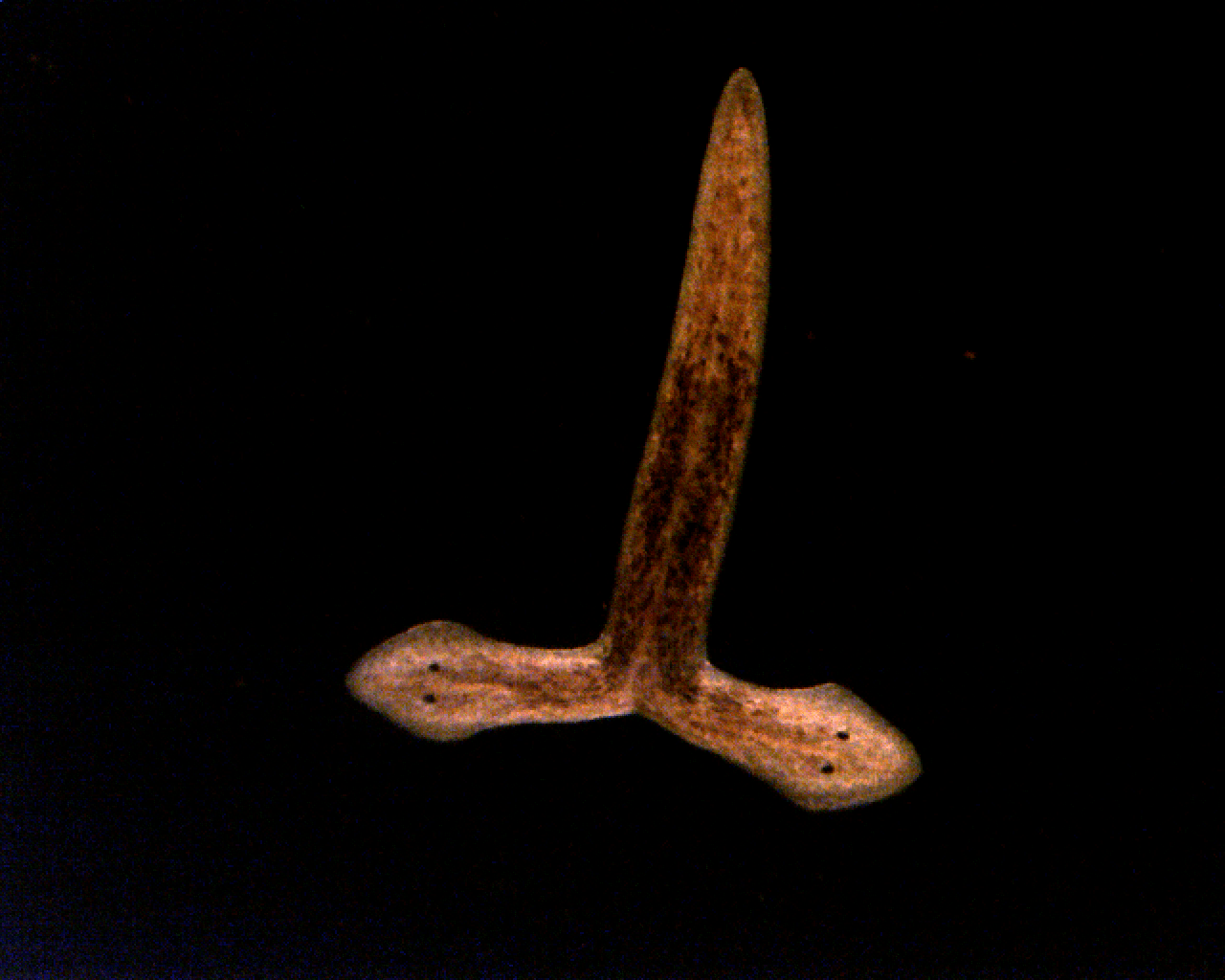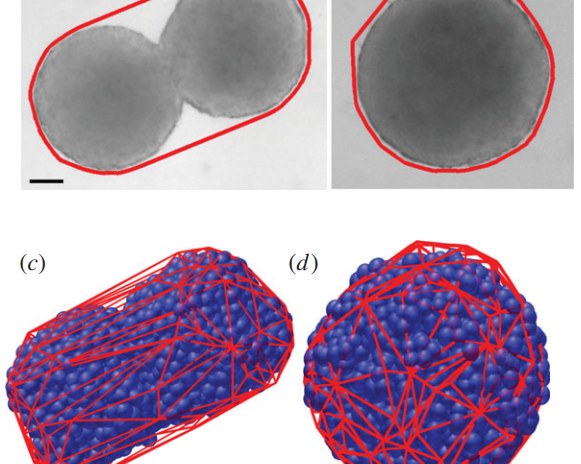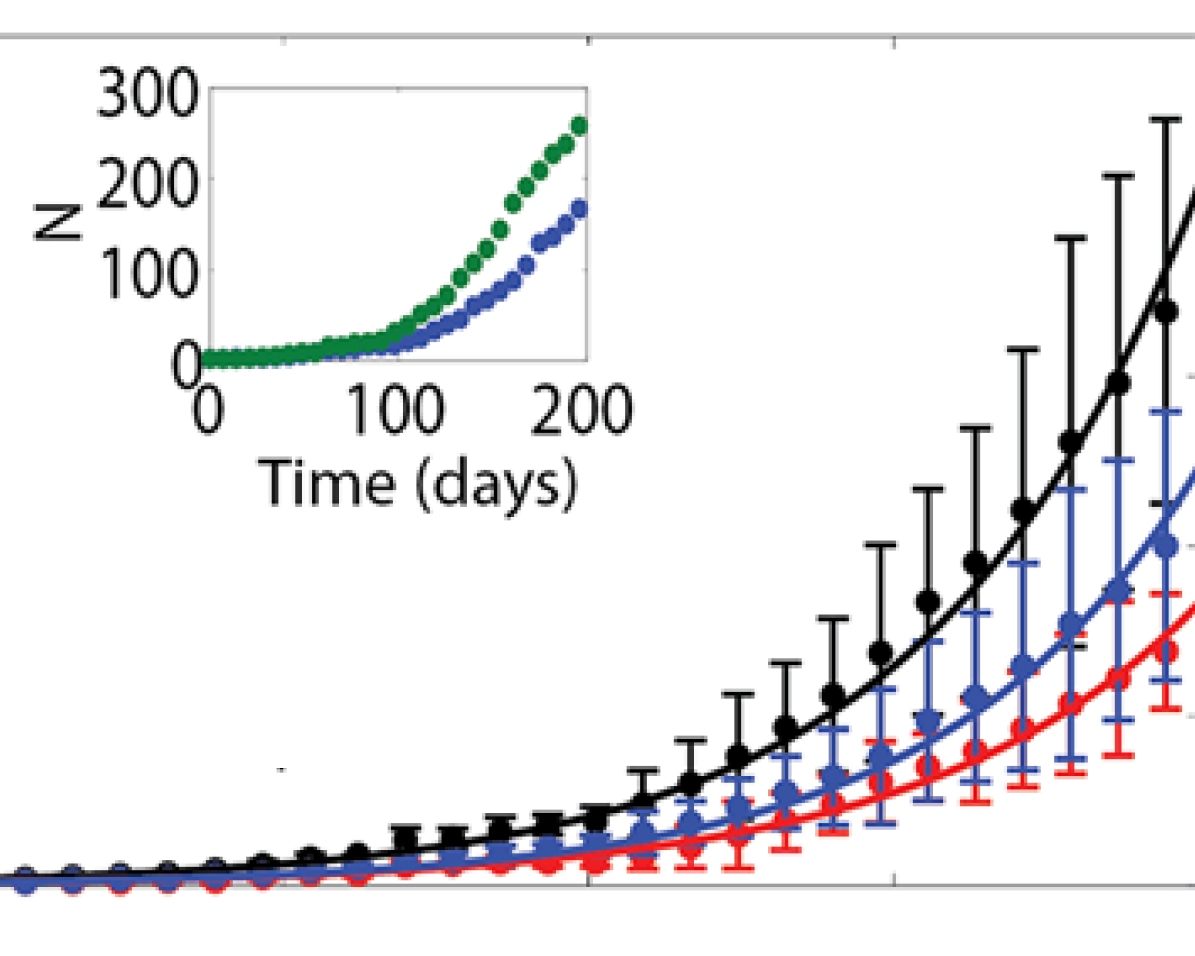Biomechanics
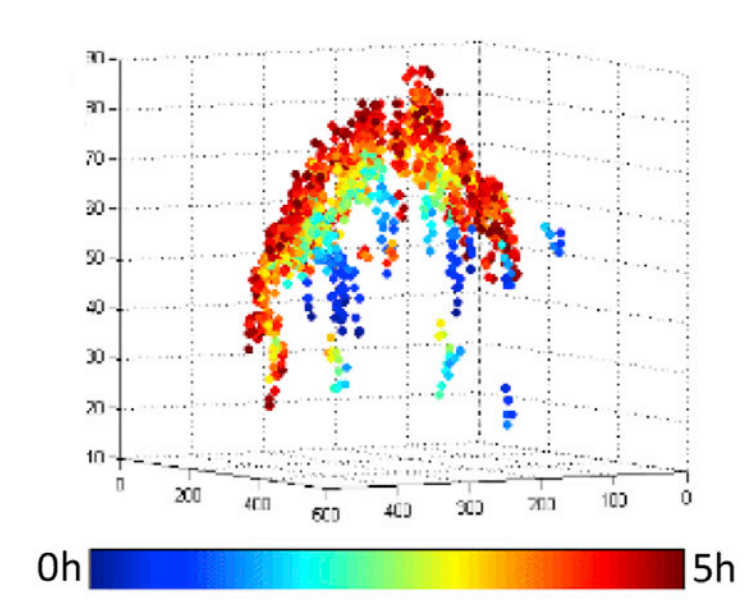
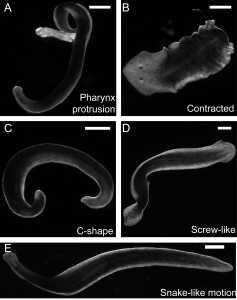
Mechanics plays a major role in animal development and physiology. Hydra is an excellent system to study how mechanics influences physiological and developmental processes. Hydra is a few mm long hollow cylinder with a head with tentacles on one end and an adhesive foot at the other. It is optically transparent and we can generate transgenic animals which allow us to study proteins of interest in the living animal. Hydra can regenerate from small tissue pieces and from cell aggregates after disintegration into individual cells. We study the biomechanics of self-assembly and regeneration and the epithelial tissue mechanics in the adult animal.
Behavior and Neurotoxicology

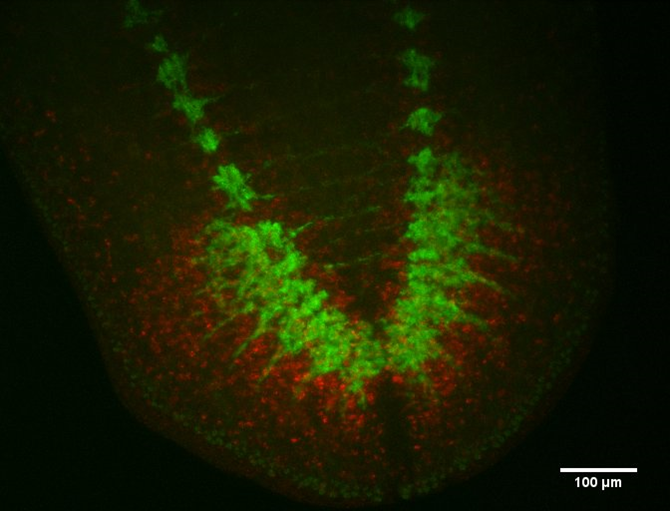
Chemical exposure during nervous system development can lead to neurodevelopmental disorders with life-long impact. This affects not only individuals, but society as a whole. The extent of chemical-induced neurological problems is largely unknown because current regulatory tests using mammals are extremely costly and time-consuming. We have developed a high-throughput screening (HTS) system using behavioral phenotyping in planarians. We perform both HTS of a variety of chemicals for first tier risk assessment and mechanistic studies to investigate the molecular regulation of various behaviors to dissect modes of action.
Population Dynamics
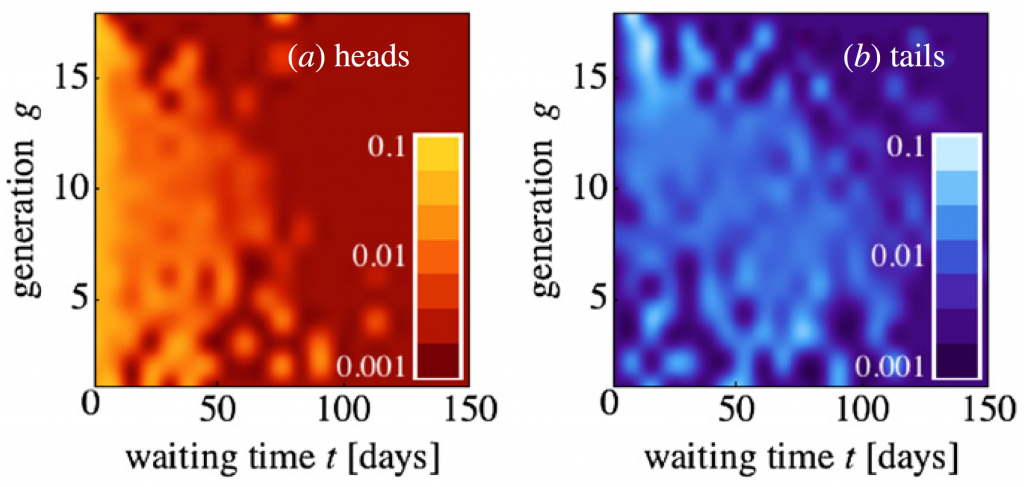
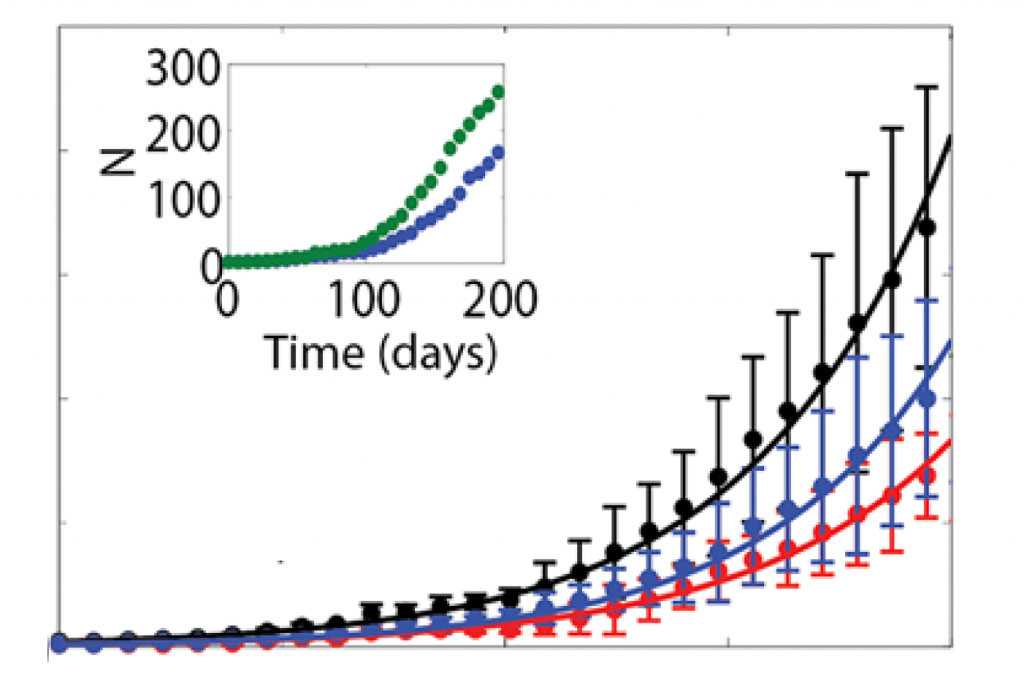
A long-term project in the lab is to study population dynamics in asexual planarians. How do purely asexual species generate sufficient diversity to survive? We study this question using statistical physics, genomic and RNA sequencing, and mathematical modeling.
Science Education
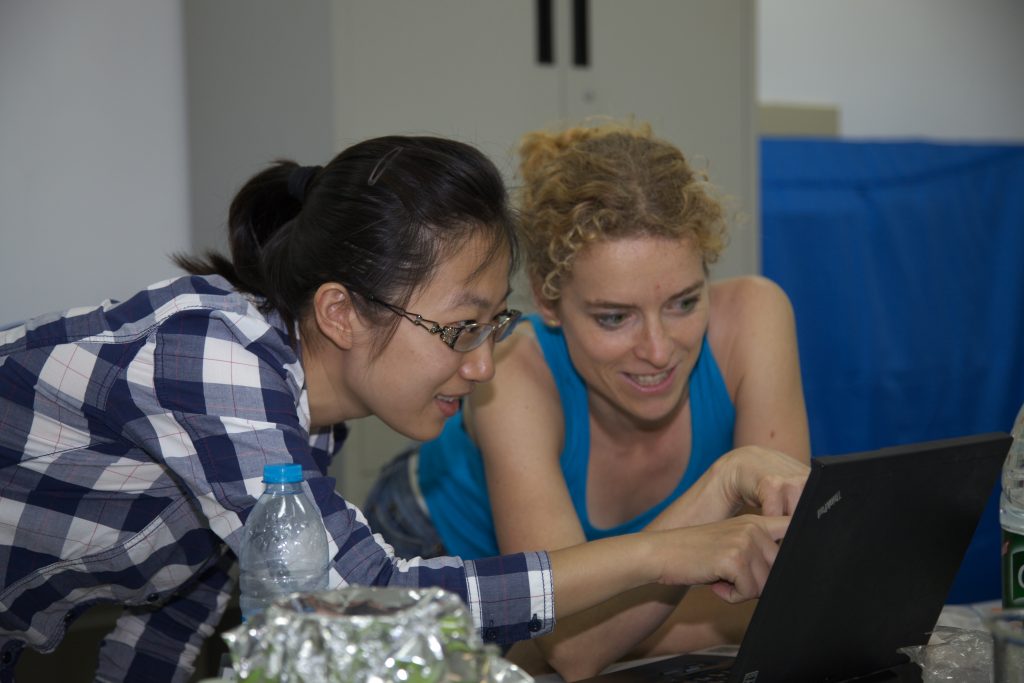
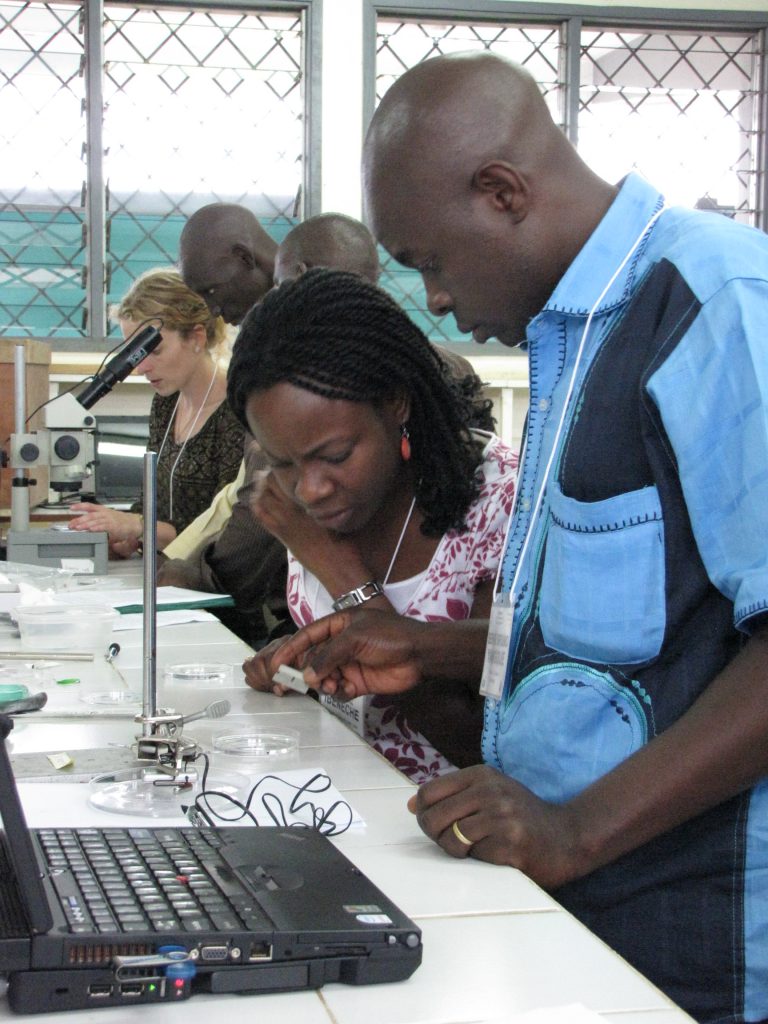
We love learning and see education as a key to success. We produce and publish educational resources, work with members of our local community, and are sometimes also involved in programs across the world. We love sharing our passion for quantitative biology and toxicology and want to give back to our community through educational programs.

